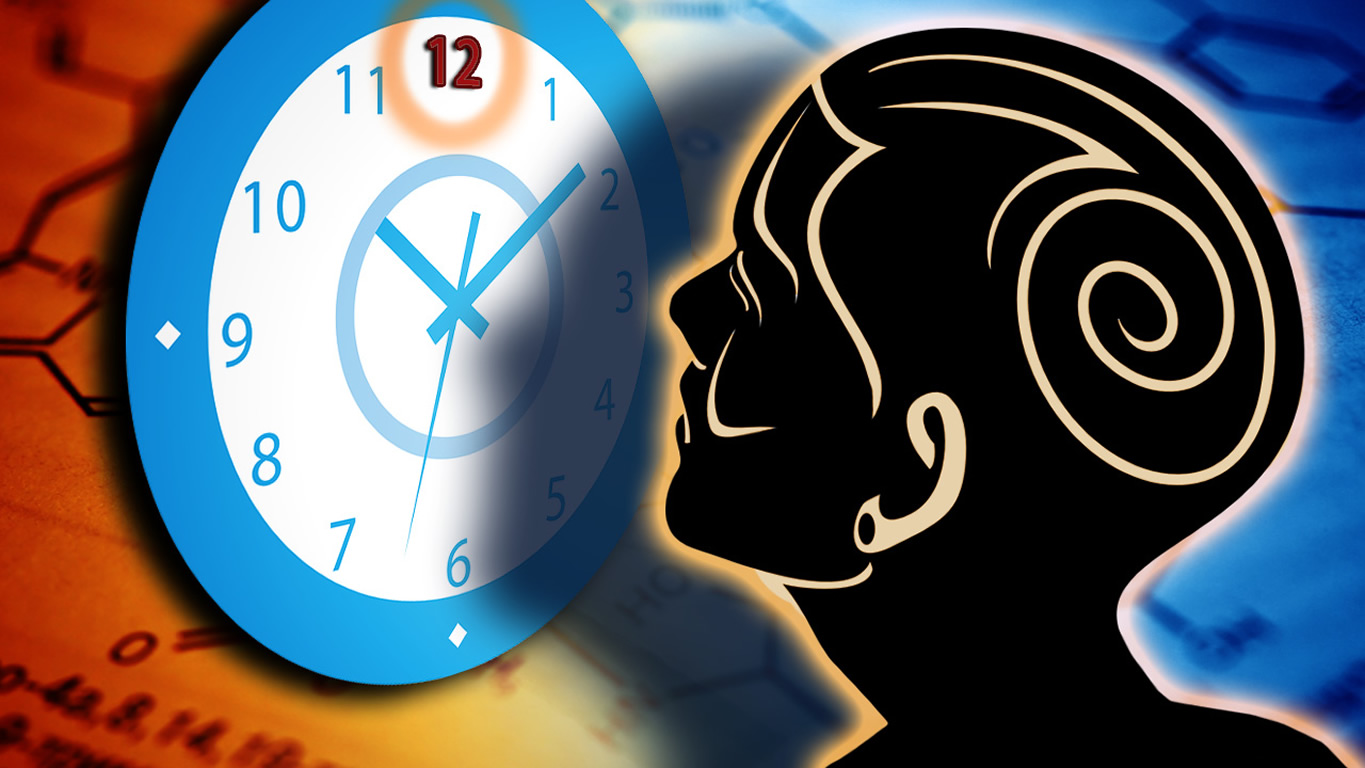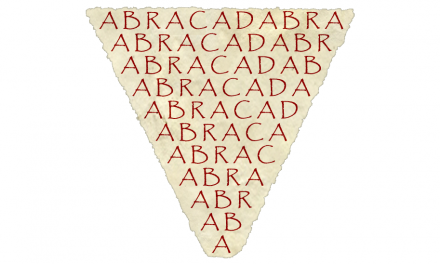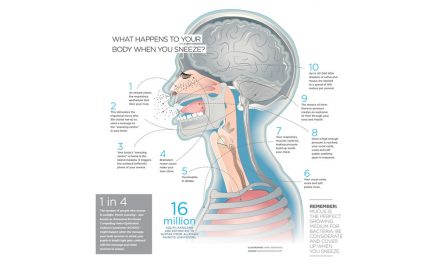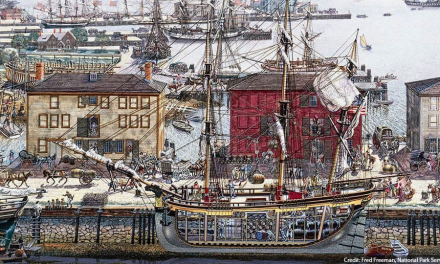As you get older does it sometimes feel that time is passing much more quickly than when you were younger?
Long gone are the summer holidays that felt like they lasted forever. Instead, birthdays seem to pop up sooner than ever, and events from years ago seem like they happened yesterday. So why does our perception of time change so drastically with age? And is there anything we can do about it?
What’s Going On in Our Brains
From a neurological perspective, every time you encounter something new, your brain tries to record as much information as possible.
Thousands of neurons are stimulated, which help code and store this information, ultimately causing you to feel and notice a lot. But as time goes on, the “new” experience becomes old, and your brain begins to use less and less energy to encode information-simply because it already knows it. If you drive to and from work every day, the drive isn’t stimulating your brain nearly as much as the first time you took that route.
The key is novelty: it’s the first time you experience something that the brain remembers most, which ultimately creates greater detail in the brain.
Of course, we experience most of our “firsts” during the earlier portion of life. which contributes to the overwhelming feeling that much more happened when we were young. Whether it was your first kiss, first bike ride or first time drinking alcohol. The likelihood of encountering completely new experiences is much higher at a young age.
Time As a Proprtion of Your Life Span
Add to that the decreasing proportion of time that one year represents in your life, and the feeling is compounded.
Think about it this way: When you turn one year old, that one year in your life represents 100 percent of the time you have been alive. Everything you’ve ever experienced happened in a single year. Jump ahead to fifty years old, and one year in your life now represents only 2 percent of your life. Proportionately, a year represents a smaller fraction of your life as a whole, and as a result it feels as if it went by faster. If we built a chart using this theory for each successive year, we’d see the first year is 100 percent of your life, the second year is half of your life, the third is one-third, the fourth one-quarter. etc. Here, we see that when you turn 80 years old, you will perceive the “middle” of your life to be just before your twenties – from your brain’s time perspective, that is.
Is There Anything We Can Do About It?
All hope is not lost. If you continue finding novel experiences throughout old age-things that stimulate new parts of your brain-time may feel slower again.
So, by maybe learning a new language, traveling, or doing activities you’ve never done, your brain can escape the monotony that life sometimes brings.
By adding more new experiences, you can amplify the feeling that time is moving as slowly as it did back when summer seemed to last forever!






